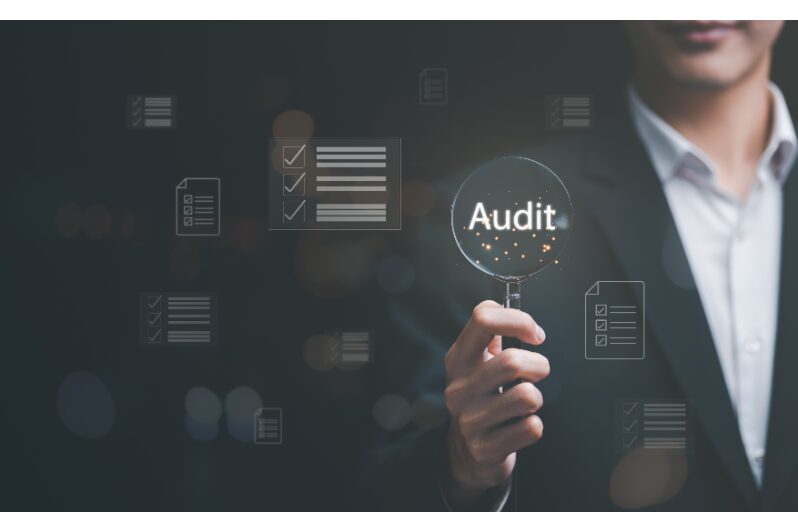All companies have fixed and current assets that enable their operations. However, it is no secret that the identification of fixed assets is something not every organization does effectively. As a result, there are many discrepancies regarding the assets of some companies making it hard for auditors to work out their true value. On top of that, companies that do not prepare an accurate fixed assets register make it hard for the tax collector to do his job.
Determining fixed assets in the UAE
Fixed assets are usually determined by their nature and use in a company, and it is the work of auditors in Dubai to identify fixed assets. Typically, fixed assets are purchased for long-term use and can be in machinery, land, property and other such equipment. Usually, these assets play a significant role in the production process of a company and, as such, are not purchased with the aim of liquidation in the immediate future.
You must know: Business audit: How it can secretly save your company
Criteria used by auditors to identify fixed assets include:
- The asset needs to be tangible and real
A fixed asset must be something that can be seen and touched thereby allowing the auditor to attach a value to it. It is hard to find a company investing in a fixed asset in the form of an idea because it is not guaranteed how long the owner of the concept or the implementers will be employed. The item must have an appreciating or depreciating asset. - Fixed assets must have a value
Fixed assets must have a market value so that the management does not end up over or underpricing the item. That way, there are fewer chances of getting into struggles with auditors. It is one of the main reasons you will need the original purchase documents presented to the auditor for further value evaluation. It is important to keep in mind that a fixed asset’s initial value or cost comes in handy when considering any depreciation or appreciation calculations. - An asset has to be owned / controlled by the company
You can never claim that your company owns a particular fixed asset when all the documents show that the property is under a private owner. One way auditors identify fixed assets is if the company legally owns the asset. The importance of this is that it allows for the proposed fixed assets laws to be applied diligently. - A fixed asset must have an active role in the company
It will make no sense for a company to invest in a fixed asset that is irrelevant to its processes. When performing an audit, the officer will be focusing on assets that play a direct role in the production process. However, it is crucial to understand that a legal company has the right to purchase and own any fixed asset. Some companies tend to buy irrelevant assets and make it hard to place an accurate value as a fixed asset. - Full ownership/ no charges on an asset
Some fixed assets are not acquired at once, and a company might need to make payments in instalments over time. Fixed assets should be free from any charges since it is not easy to determine the asset’s rightful owner when payments are not yet completed. When conducting an audit, officers are required to confirm if an asset is wholly owned or is under the attainment process. This should be indicated clearly on the report.
You should know: Steps to Audit the Fixed Assets of a Business in UAE
Managing fixed assets in the UAE
Farahat & Co have decades of Auditing experience and you count on our expert team to provide you with professional fixed assets register services that will take a whole lot of work off your hands. As one of the top auditing firms in Dubai we can closely monitor your fixed assets that in turn helps protect your business.
Feel free to contact us for an initial meeting with one of our audit experts today.
